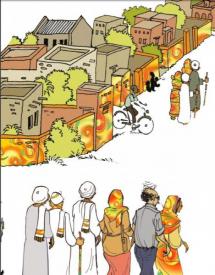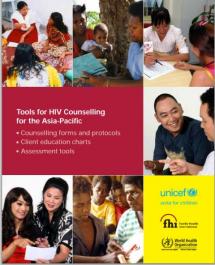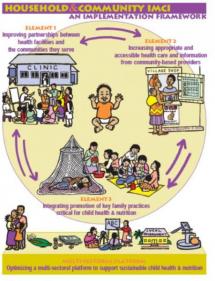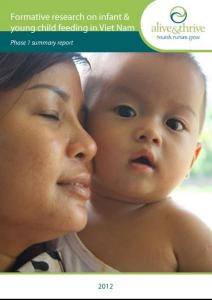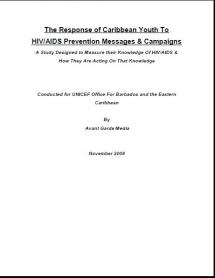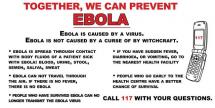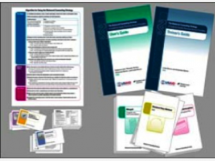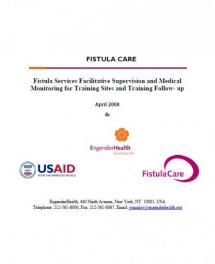Integrated HIV/AIDS, Tuberculosis and Malaria (ATM) Response Resource Kit for Civil Society Organisations in Nigeria
This resource kit is designed to effectively equip a core team of trainers and participants with required information on aspects of integrated ATM planning, strategies,interventions and communication. This is expected to strengthen the capacity of CSOs and their members as key stakeholders in the ATM prevention, control,treatment and the reduction/elimination of morbidity and mortality deriving from the diseases. This kit comprehensively gathers different reports, researches, intellectual knowledge and practical experiences of independent consultants, civil society organizations in Nigeria. There are five modules in the kit:
- Module 1: Overview on HIV/AIDS/ TB and Malaria
- Module 2: Roles of CSOs
- Module 3: Capacity Building /Enhancement
- Module 4: Community Response
- Module 5: The Structure of National Response and How Civil Society Fits
Source: ActionAid Nigeria
Date of Publication: October 19, 2021
SIMILIAR RESOURCES
Tools
Examples
- Toolkit for Transition of Care and Other Services for Adolescents Living with HIV
- Adolescents Living with HIV (ALHIV) Toolkit
- Engaging Men in HIV and AIDS at the Service Delivery Level
- SBCC for Malaria in Pregnancy: Strategy Development Guidance
- HIV-Related Stigma and Discrimination Toolkit
- Social Networking: A Guide to Strengthening Civil Society through Social Media
- Malaria Case Management: Monitoring and Evaluation for SBCC
- Guidance for National Societies on Safe and Remote Risk Communication and Community Engagement during COVID-19
- COVID-19 and Family Planning Resource Center
- Promoting Quality Malaria Medicines Through SBCC: An Implementation Kit
- Saath-Saath Integrated Brochure - Seven types of FP/HIV
- Planting Our Tree of Hope: A Toolkit on Positive Prevention for People Living with HIV - Flipchart
- Adolescents' HIV Prevention and Treatment Literacy Toolkit for Eastern and Southern Africa
- Rhythm of Life Music and Health Festival - Zambia
- Stories of People Living with HIV, Zambia

